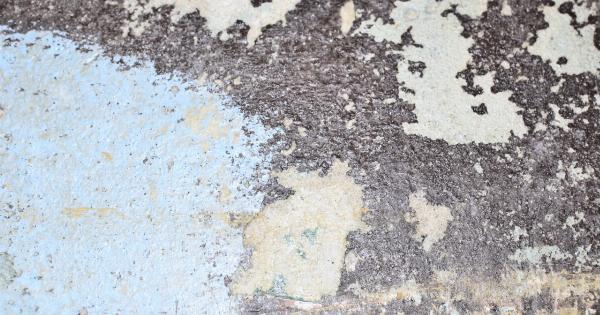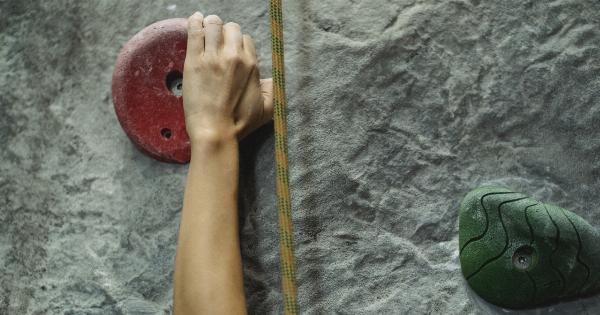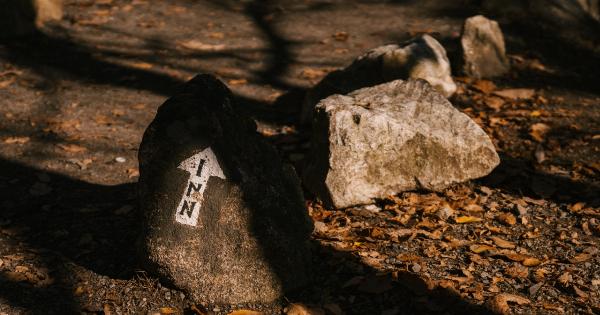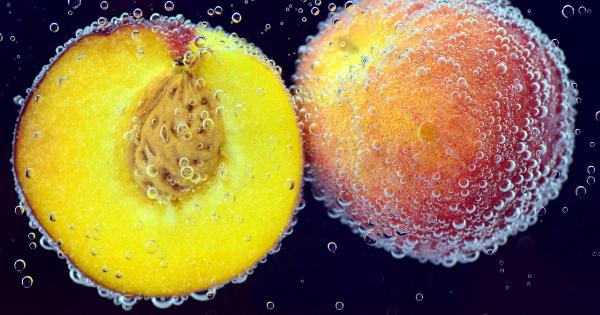Obesity is a significant health concern that affects millions of people worldwide. It is a complex condition that arises due to an imbalance between calorie intake and energy expenditure, resulting in excess body fat accumulation.
While the detrimental effects of obesity on cardiovascular health, diabetes, and joint problems are well-known, one lesser-known consequence is its association with bile stones, also known as gallstones.
Understanding Bile Stones
Bile stones are solid particles that form in the gallbladder, a small organ located under the liver.
The main function of the gallbladder is to store bile, a digestive fluid produced by the liver, and release it into the small intestine to aid in the digestion of fats. Bile stones typically develop when there is an imbalance in the components of bile, such as cholesterol and bile salts, leading to the formation of hard, pebble-like substances.
The Relationship Between Obesity and Bile Stones
Obesity is a major risk factor for the development of bile stones. Several mechanisms contribute to this relationship:.
1. Excessive Cholesterol Production
Individuals with obesity often have higher cholesterol levels. Increased cholesterol secretion by the liver can result in excessive cholesterol production, which may exceed the capacity of bile to dissolve it.
This excess cholesterol can then precipitate out of the bile and form stones.
2. Impaired Gallbladder Function
Obesity is associated with impaired gallbladder emptying and motility. The gallbladder contracts to release bile when stimulated by the consumption of fatty meals or certain hormonal factors.
In obesity, the gallbladder may not empty efficiently, leading to bile stasis and an increased risk of stone formation.
3. Insulin Resistance
Insulin resistance, a hallmark of obesity and metabolic syndrome, has been linked to an increased risk of bile stones.
It is believed that insulin resistance promotes the secretion of deoxycholic acid, a primary component of bile, which contributes to stone formation.
4. Rapid Weight Loss
Obese individuals who undergo rapid weight loss, either through bariatric surgery or crash diets, may be at a higher risk of developing bile stones.
The sudden reduction in body weight can alter bile composition and increase the likelihood of stone formation.
Symptoms of Bile Stones
Bile stones can cause various symptoms, including:.
1. Abdominal Pain
The most common symptom of bile stones is severe abdominal pain, often referred to as biliary colic. This pain frequently occurs after a fatty meal and is located in the upper right abdomen or under the right shoulder blade.
2. Nausea and Vomiting
Some individuals with bile stones may experience episodes of nausea and vomiting, particularly after consuming fatty foods.
3. Jaundice
In rare cases, bile stones can block the bile ducts, leading to jaundice. This condition is characterized by a yellowing of the skin and eyes, dark urine, and pale stools.
Prevention Strategies for Bile Stones in Obesity
While obesity increases the risk of developing bile stones, several preventive measures can help minimize this risk:.
1. Maintain a Healthy Weight
Losing excess weight and maintaining a healthy body weight is crucial in preventing the formation of bile stones. A gradual weight loss approach through a balanced diet and regular exercise is the key to long-term success.
2. Consume a Healthy Diet
Dietary modifications can play a significant role in preventing bile stones. It is essential to include high-fiber foods, such as fruits, vegetables, and whole grains, while limiting the intake of saturated fats and cholesterol-rich foods.
3. Stay Hydrated
Adequate hydration helps maintain the proper composition of bile. Drinking plenty of water and staying hydrated throughout the day can promote good gallbladder function and prevent the formation of stones.
4. Exercise Regularly
Engaging in regular physical activity not only aids in weight management but also helps improve gallbladder function.
Physical exercise promotes the normal contraction and emptying of the gallbladder, reducing the risk of bile stasis and stone formation.
5. Avoid Crash Diets
Rapid weight loss methods, such as crash diets, should be avoided, as they can disrupt the balance of bile components and increase the likelihood of stone formation. It is advisable to pursue sustainable and gradual weight loss approaches.
6. Seek Medical Advice
If you are at a higher risk of bile stones due to obesity or have any concerning symptoms, it is important to consult with a healthcare professional.
They can provide personalized advice, conduct necessary tests, and recommend appropriate interventions.
Conclusion
Obesity and bile stones are closely linked, with excess weight significantly increasing the risk of stone formation.
Understanding the mechanisms behind this relationship and implementing preventive strategies, such as maintaining a healthy weight, consuming a balanced diet, staying hydrated, exercising regularly, and avoiding crash diets, can help individuals minimize the risk of developing bile stones. Consulting with a healthcare professional is crucial for those at risk or experiencing symptoms, as they can provide tailored guidance and interventions for optimal health.




























